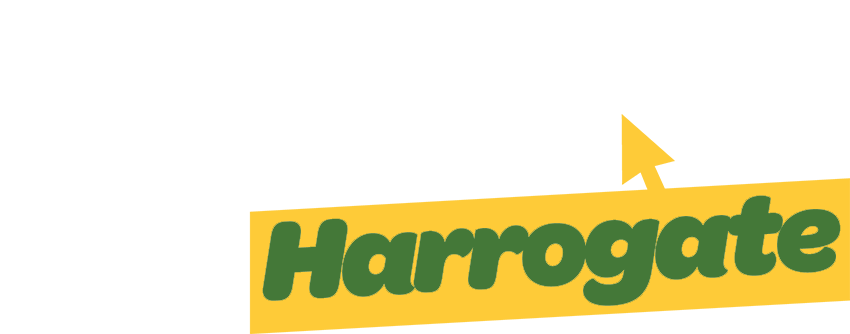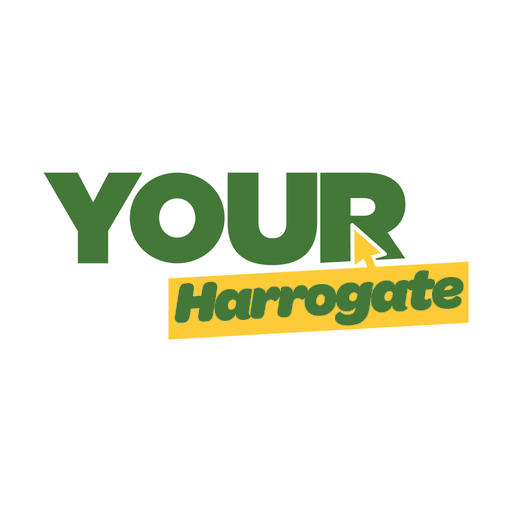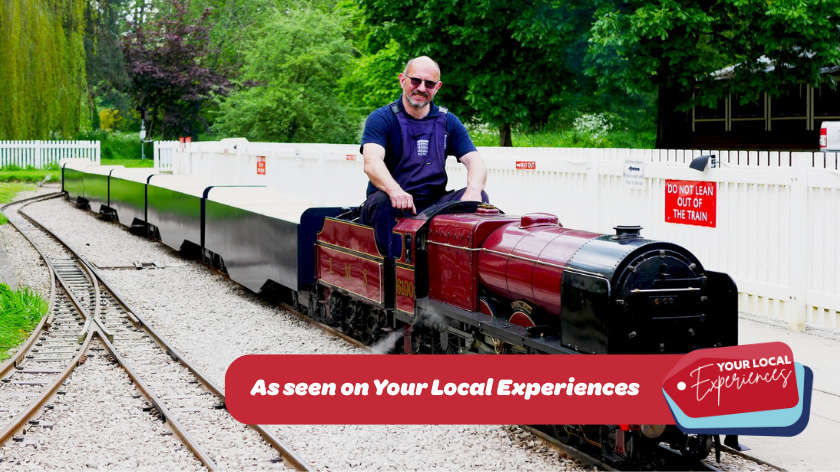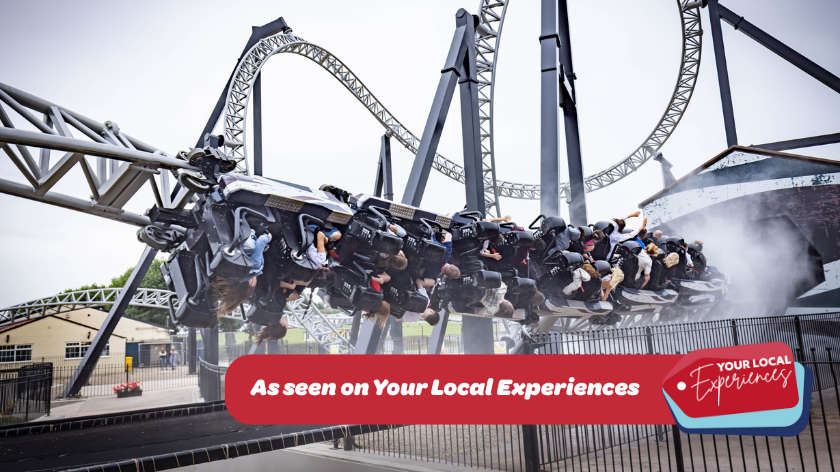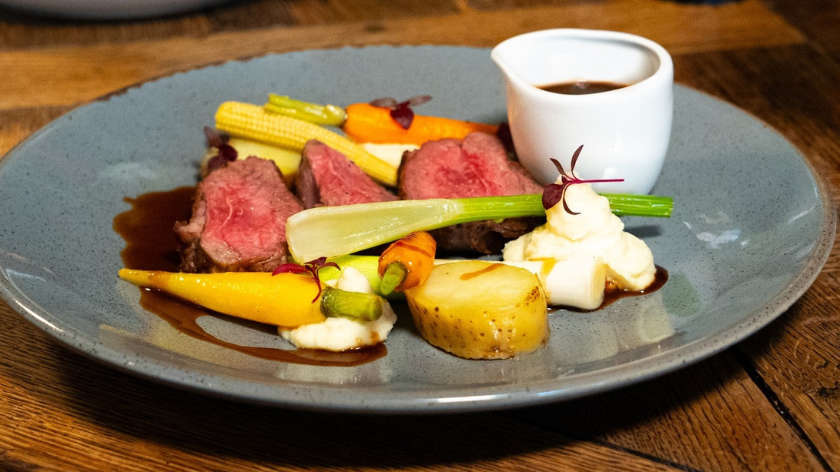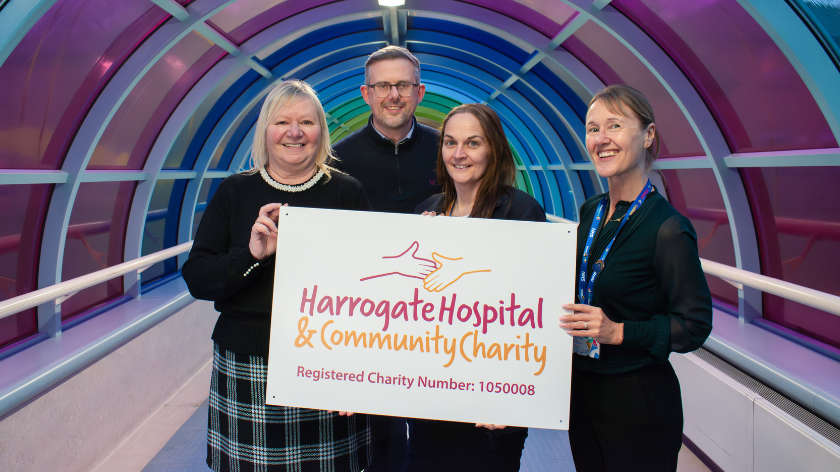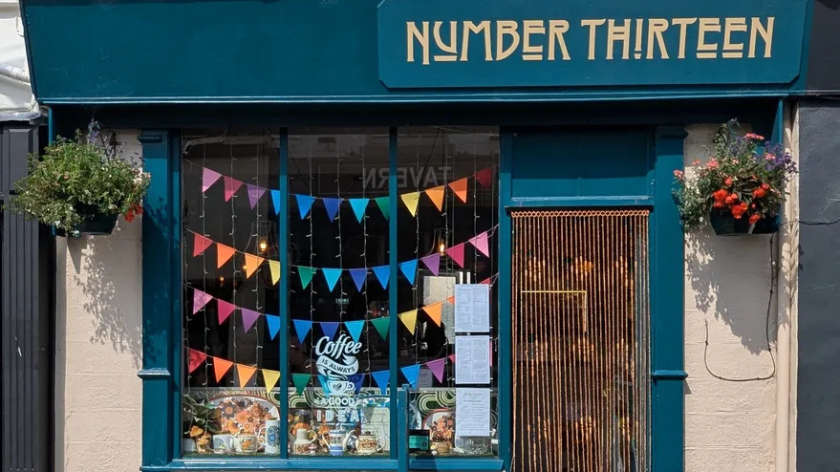
Keeping the dream and the reality in perspective
Gambling is a form of entertainment and should always be regarded as such. It is a fun way to while away some downtime or inject some excitement into a one-off sporting event or tournament. While we can all be tempted to dream of what we might do when and if we 'win big', most of us understand that it is just an idle dream. Of course, we have to be 'in it to win it', so we buy our scratchcards, play the National Lottery, or drop our virtual spare change into online slots.
What makes gambling, wagering and playing all kinds of casino games so thrilling is the expectation—the moments (or moment) between the commitment and the result. As long as the reels are spinning or the raffle tickets are being drawn from a hat or tombola, we know that we could be the winner – until we are not. However, sometimes we are lucky enough to see our winnings accumulate, or we get to choose a prize from a laden raffle table. For the vast majority of us, that is what gambling is all about – harmless fun and enormous entertainment. The challenge for some people is keeping it that way.
It's a business, and it all adds up
First and foremost, it is essential to understand that gambling is not a get-rich-quick scheme. While the adverts might allow you to dream, and news stories about big wins might turn our heads and get our hopes up, the bottom line is that gambling is a business. Even when our money goes to good causes as a result of a ticket bought or a wager placed, gambling only works because the take is bigger than the payout. If we are going to the theatre, cinema, gig, or even a charity ball, we know we have to pay for the entertainment on offer.
Gambling is no different, except that we might get a percentage of the profit in the form of cash winnings. Overall, however, casinos, betting shops, and online platforms often offer games and gambling opportunities where the house has an advantage. If you have that fact clearly in your head, gambling responsibly should not be a problem. You set yourself a budget, and when the money runs out, you walk away. Unfortunately, for some people, it is not as easy as that, which is why people who love playing casino games must know what responsible gambling tools are available.
Do some research
With hundreds of licensed gambling sites in the UK, it is a good idea to research which ones are the best. Online, independent experts at Casino.org have decades of experience rating and ranking online gambling sites, so it is well worth taking their advice when it comes to finding excellent sites and the responsible gambling tools a player needs to make the most of their online time.
One of the criteria that Casino.org uses as part of their review process is background checks, specifically how easy it is to access safe gambling tools on a recommended website. The clue is that if responsible gambling tools are not easily accessible, they will not be recommended. The experts recognise that gambling can be addictive because it stimulates your brain's reward system. They advise players to enact safe and responsible gambling practices to avoid gambling harms. As we mentioned earlier, this includes setting your limits. This should not only be financial but also time-limited. No matter how much fun you are having, stepping away and taking a break is always a good idea.
Players in Harrogate are reminded that gambling is just one form of entertainment, and there are plenty of other fun ways to fill your time. The golden rule is to quit while you are ahead. If you are not ahead, then never borrow money to try to win back your losses or gamble more than you can afford to lose.
Tools and sites to help
Safety and enjoyment should be top priorities when gambling online. Responsible gambling is when you are playing for fun and are in control and are not putting yourself or those you love at financial or mental risk. While most of us can play safely, some of us do need to get outside help.
BeGambleAware is a UK-based charity that helps you stay in control. Their tools include an easy-to-answer assessment that will help you get an insight into how gambling might affect you or someone you care about. The seven questions it poses allow players to get tailored advice and support. They also have a gambling spend calculator and gambling blocking tools if you feel that you need extra help.
The first recommended step if you think you are spending too much time or money gambling is to try self-exclusion, where you voluntarily ban yourself from a company's website, app or physical premises. By law, all gambling companies have to offer you the option to self-exclude. If you are on a site that does not provide this option, you are on an illegal site, and the advice is to make a quick exit. If you want to exclude yourself from legitimate sites, you can self-exclude from single or multiple sites.
GAMSTOP is a free self-exclusion app that prevents you from logging in or creating accounts, allowing you to choose the duration of your exclusion. The vast majority of users who decided to use this app said that they felt more in control of their gambling.
GamCare offers free information, counselling and support and runs the National Gambling Helpline, which is free to use and available 24/7. Part of its service is BigDeal, which specialises in supporting younger people. It is illegal for under-18s to gamble, but if you are concerned that a young person is at risk, NetNanny is parental control software that can be used to block access to gambling sites. It can also be beneficial for limiting what young people see and access on social media sites and YouTube.
To summarise
There are several steps to take to help you gamble responsibly and for fun:
• Set budget
• Set a time limit
• Never gamble when under the influence of alcohol or drugs
• Play for fun
• Play with money you can afford to lose
• Never chase your losses.
More than anything else, keep your online time fun so that you can find yourself in a win-win situation.
